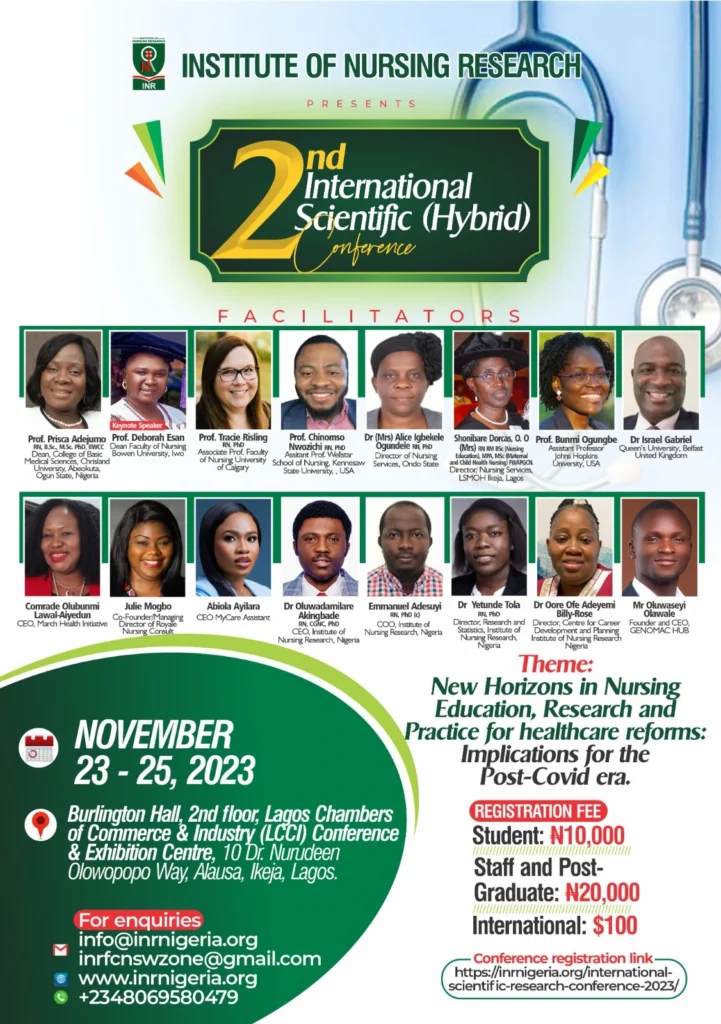Research Process 1
Research Problem, Objectives, Questions, and Hypothesis
Presented
By
Oluwadamilare Akingbade
Research Process 1
Research Problem, Objectives, Questions, and Hypothesis
In this blog post, we will only talk a bit about the research problem (just the surface). If you want to get access to the full class (slides & recording), you will have to be a member of INR Journal Club. Follow this link to find out how you can become a part of the journal club.
Objectives of The Meeting
By the end of the meeting, participants should be able to;
- Identify a good research area
- Ask good research questions
- Draw research objectives and hypotheses
“Research is not difficult.”
In the meeting, the presenter went into details, explaining what a Research Problem is, but before he went into further details, he dwelled a little bit on the Research Process.
The research process is made up of the following structured phases, with each phase having its unique qualities & distinct characteristics:
- Phase 1: The Conceptual Phase
- Phase 2: The Design & Planning Phase
- Phase 3: The Empirical Phase
- Phase 4: The Analytic Phase
- Phase 5: The Dissemination Phase
(More detail is contained in the complete slide [and recording], which is made available when you become a member of the journal club).
The Research Problem
A research problem is a perplexing or troubling situation that a researcher wants to address through disciplined inquiry.
Researchers usually identify a broad topic, narrow the scope of the problem, and then identify research questions consistent with a paradigm of choice.
“The purpose of research is to “solve” the problem or to contribute to its solution by generating relevant evidence.”
He went ahead to identify some sources of research problems, which include, but not limited to:
- Clinical Experience
- Nursing & Midwifery Literature
- Quality Improvement Efforts
- Social Issues
- Theories
- Ideas From External Sources
A detailed discussion was held on how to identify a research problem (steps in selecting a research problem):
From identifying your area of interest to knowing what has already been done in that area & what has not been done, all the way to understanding the unknowns that you would want to focus on in your research.
Your Research Area
In choosing or deciding on the research area to make use of, there are some questions that you as a researcher must ask:
- Why have we always done ‘it’ this way?
- Do we have an evidence-based rationale or is this practice based on tradition?
- What approach does the patient (or the target group) prefer
- Is there a better (more effective, faster, safer, less expensive, more comfortable) method?
- What do experts in this specialty recommend?
You will also have to critique your research problem (details available in the slide).
Developing And Refining Your Research Problem
Like we said earlier;
“A research problem is a perplexing or troubling situation that a researcher wants to address through disciplined inquiry.”
Here are a few things that you should know during the refining phase of your research problem:
- It is not likely to be a smooth and orderly process
- It might take longer than you think
- In the early stages of generating research ideas, it is unwise to be too self-critical
- Write it as it comes…in your jotter
- Make sure your problem is not too broad in scope or too complex for your level of methodologic expertise
We would have loved to go on and on and on. But let’s stop here. If you would like to enjoy the remaining part of the lecture, you will have to become a part of the Journal Club.
To know more on how to become a part of INR’s Journal Club, kindly follow this link.
All you need to know about becoming a part of the club will be right there waiting for you.





